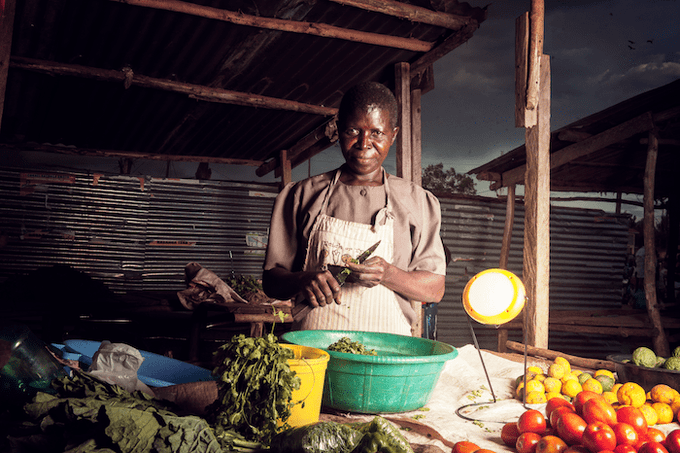Clean Energy Finance - Where is the Money Going?
By 2030, the United Nations Sustainable Development Goal 7 (SDG 7) aims to provide all people with cheap, reliable, and advanced energy services. In 2016 and 2017, about 153 million people got access to electricity, yet 759 million more are predicted to be without it (SE4ALL 2021).
Inequalities in financing have long been acknowledged as an unavoidable part of our transition to more sustainable energy outcomes in the global discourse on addressing energy poverty. According to GOGLA’s Off-Grid Solar Investment Trends report, 75% of all investments in the off-grid industry went to the top 3 international recipients. It illustrates that local solar companies continue to be barely considered and therefore negligible as a market factor. From 2010 to 2018, off-grid energy access enterprises throughout the world absorbed over $1.7 billion in publicly disclosed investments. In 2016, the year-over-year investment growth rate was 24%, increasing to 37% in 2017 and then falling to 22% in 2018 (Wood Mackenzie 2019).
Despite the fact that the pace of investment has accelerated in the last few years access to finance continues to be the most cited barrier for local businesses facing fundraising challenges in their early stages, with a dearth of start-up capital and smaller working capital loans. International companies are more likely than local to have raised grants, debt funding and different investments (GDC 2022). Despite the fact that local companies are more likely to have obtained equity, a prior GDC study revealed that this is mostly from friends, family, and angel investors.
According to a report from the World Resources Institute (WRI) impact investors have been criticised for investing mainly in foreign-owned energy access companies and ignoring local entrepreneurs in Africa. Impact investment managers also tend to come from developed countries and prefer to invest within their network. In the African start-ups funding ecosystem, the presence of native African entrepreneurs, particularly women founders, continues to be a problem. While foreign investors' interest in African start-ups and firms is encouraging, barely 20% of private investment in African start-ups and companies has come from African investors in the last five years. Furthermore, 8 of the top 10 African firms that raised the most money in 2019 were founded by foreigners. Larry Madowo, the US-based Kenyan journalist has written about this in mainstream media: Silicon Valley has deep pockets for African start-ups – if you are not African.
Women, supplied with education and the necessary resources for entrepreneurship, are one of the tools for tackling the existing challenges, contributing to the general improvement of the people of Africa and all of us. According to statistics, women-owned micro-businesses in Africa currently face more obstacles to success than men-owned businesses. This tendency is not surprising given Africa's mainly patriarchal society and history of female exclusion in the workplace.
After more than 30 years of the country's democratic transition, women entrepreneurs still have few opportunities in Sierra Leone as well as in Africa. This is notably true in the key economic sectors. Softer industries, such as the beauty business, catering, event management, and the informal economy, are dominated by women entrepreneurs. As a result, systematic efforts to attract more women into historically male-dominated industries are needed to achieve gender equality and create the ideal atmosphere for women to unleash their suppressed potential. Access to funding, markets, supply chains for major customers of established firms and government, and aid in creating business processes should all be covered by such initiatives. Women must learn from current women-led businesses in order to develop and learn. Women will have a better understanding of the different obstacles that other women experience when trying to start their own businesses. The legal framework in Africa and Sierra Leone must create the conditions for women to overcome their internal inhibitions and rise to the challenge of entrepreneurship without copying their male counterparts or losing what makes them successful in the many other complex roles they play in society.
The African Development Bank can collaborate with financial organizations like the World Bank to act as a guarantee for local entrepreneurs in the development and commercialization of innovative energy technology, as well as the renewal of strategic business models connected to renewable energy. Alternative entrepreneurial channels might simply be provided through co-financing arrangements between nations or under the aegis of existing economic alliances and frameworks. This approach will work to significantly reduce the financial burden and help revitalize the entrepreneurial ecosystem.
As we move towards more equitable and sustainable energy access models of the future, it is key to achieving economic progress that we look at the issue of funding inequalities and drive more insights to address and incorporate the role of local entrepreneurs in this transition.

